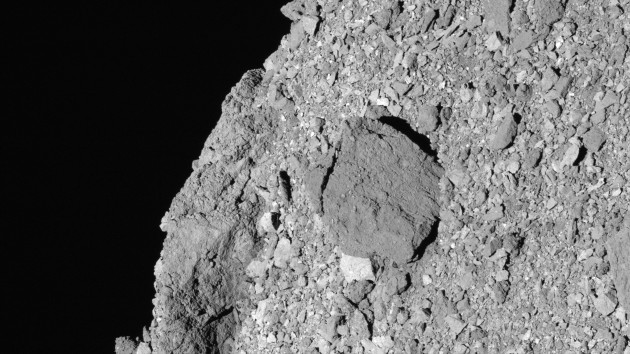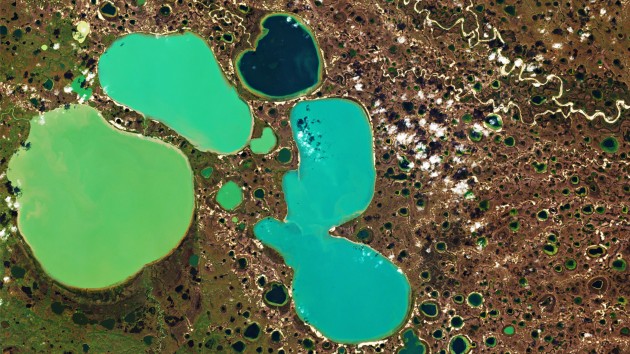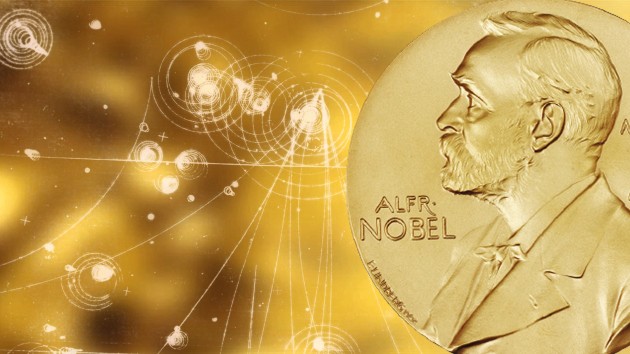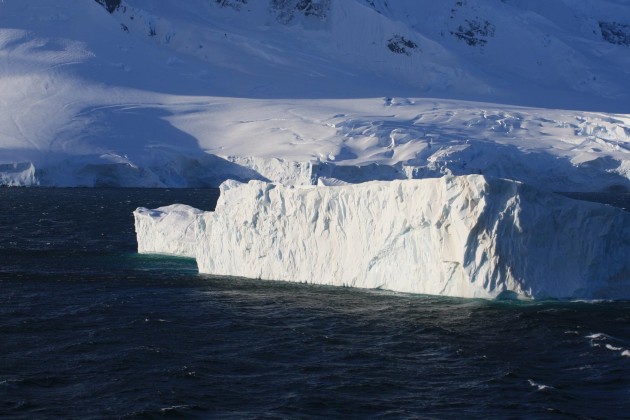Collection |
Collections
-
-
Collection |
 Asteroid Surfaces
Asteroid Surfaces
Recent missions to the asteroids Ryugu and Bennu have revealed that the surfaces of asteroids can be actively shaped by a variety of geological processes.
Image: NASA/Goddard/University of Arizona -
Collection |
 Permafrost in a warming world
Permafrost in a warming world
Permafrost regions are vast and thawing.
Image: Claudia Weinmann / Alamy Stock Photo -
Collection |
 Ocean science in the South Atlantic
Ocean science in the South Atlantic
The South Atlantic Ocean plays a key role in global climate variability, oceanic biological productivity, biogeochemical cycles as well as the global ocean and atmospheric circulations. The South Atlantic connects the northern branch of the Atlantic meridional overturning circulation to the Indian, Pacific and Southern oceans. It also hosts highly productive ecosystems, such as the Benguela Upwellling System, fuelled by cold, nutrient-rich waters. Nevertheless, the South Atlantic Ocean has received only a fraction of the scientific attention of its Northern Hemisphere counterpart, the North Atlantic Ocean – which it is right on the doorstep of some of the wealthiest funders of scientific research, in North America and Europe. In this collection, we firmly turn the attention to the Southern Hemisphere.
Image: dimitris vetsikas -
Collection |
 Negotiating climate change
Negotiating climate change
The 26th United Nations Climate Change conference of the Parties (COP26) will assemble in November 2021 to accelerate action on climate change. We are pleased to present a Collection of articles from our pages that cover adaptation, mitigation and extreme events; three aspects of climate change that will be of key relevance to negotiators.
Image: Džoko Stach/Pixabay -
Collection |
 Nobel Prize in Physics 2021
Nobel Prize in Physics 2021
The 2021 Nobel Prize in Physics has been awarded to Syukuro Manabe, Klaus Hasselmann and Giorgio Parisi for their advances in complex physical systems. In
Image: Springer Nature/The Nobel Foundation/Imagesource -
Collection |
 First year anniversary collection
First year anniversary collection
In celebration of the first anniversary of launching Communications Earth & Environment, we invite our readers to explore some of the exciting developments in the Earth, planetary and environmental sciences. In our anniversary collection, we are pleased to present four viewpoint articles, each with contributions from our Editorial Board members, which focus on the ocean and cryosphere, the atmosphere, the solid Earth and human-environment interactions. In addition, we are launching a series of “Post-publication careers” articles where we invite a few of our authors to share the impact the publication of their paper in Communications Earth & Environment had on their professional and personal lives.
Image: Pexels from Pixabay -
Collection |
Natural Hazards
When nature strikes with full force, there is often little that can be done against.
Image: Sebastian Mueller

 Influences on Antarctic Ice
Influences on Antarctic Ice